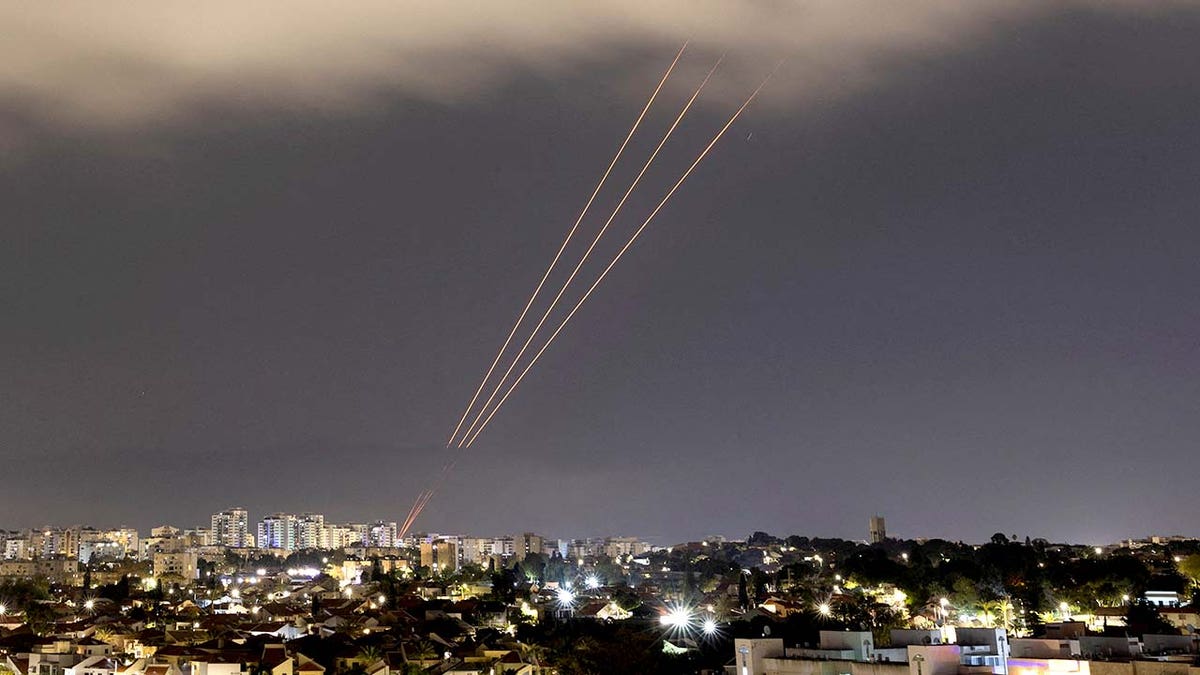The Baha’i Faith, a relatively young world religion founded in the 19th century, espouses principles of equality, justice, and universal peace. At the heart of its teachings is a profound commitment to the upliftment of humanity. However, in stark contrast to these ideals, the Baha’is in Iran have been subject to systematic persecution, a campaign that seems relentless in its endeavor to eradicate the community. This article aims to delve into the mechanisms and implications of this campaign, thereby illuminating a critical aspect of religious discrimination in contemporary society.
The Baha’i community in Iran has historically faced animosity, stemming from a misconceived amalgamation of religious intolerance and political oppression. The Baha’is, regarded as heretics by the Islamic Republic, have been systematically targeted since the Faith’s inception. This persecution is not simply a series of isolated incidents but rather a coordinated effort emerging from religious dogma intermingled with state ideology. The intersection of religion and politics in this context reveals a troubling narrative of how faith can be weaponized to justify acts of oppression.
At the crux of Iran’s campaign against the Baha’is is a mendacious portrayal of Baha’i beliefs as a threat to Islamic orthodoxy. This distortion serves to galvanize public support for an agenda predicated on fear and mistrust. Iranian authorities have perpetuated myths about Baha’is, painting them as agents of foreign powers and accusing them of subverting the moral fabric of society. This propaganda is carefully crafted to incite hostility and justify various measures aimed at dismantling the community.
The methods employed in this systematic destruction are manifold and insidious. Economic disenfranchisement serves as a primary tactic. Baha’is are routinely denied access to higher education and employment, rendering them social pariahs in their homeland. By stripping the Baha’i community of their means to sustain themselves, the state not only undermines their economic viability but also aims to erode their spirit of resilience. The impact of these actions extends beyond mere financial hardship; they disrupt the fabric of community life and instill a sense of hopelessness.
Additionally, legal persecution manifests in a plethora of unwarranted arrests, detentions, and even violent assaults on Baha’is. Many Baha’is have found themselves wrongfully imprisoned, their lives irreparably altered as they grapple with the repercussions of their faith. Human rights organizations have documented cases of torture and mistreatment within Iranian prisons, revealing the dark underbelly of a regime that ostensibly champions justice while criminalizing peaceful belief systems. This paradox underscores the urgent need for global awareness and advocacy on behalf of the Baha’is.
The Baha’i teachings, emphasizing the oneness of humanity, stand in stark contrast to the divisive practices observed in Iran. The promotion of unity and understanding is central to Baha’i belief, yet the reality for its adherents is fraught with persecution. This contradiction highlights the urgent necessity for dialogue and education aimed at dispelling ignorance and fostering mutual respect among different religious groups. A transformative approach, one that acknowledges the contributions of the Baha’i community to global civilization, could facilitate a shift in perspective and engender a more harmonious coexistence.
Furthermore, international engagement is crucial in countering the systematic destruction of Baha’is in Iran. Advocacy on behalf of the Baha’i community, while vitally important, must transcend mere condemnation of human rights violations. It necessitates a concerted effort to raise awareness of the rich cultural and intellectual heritage of the Baha’i Faith. Emphasizing contributions to art, science, and community development can reshape narratives surrounding this beleaguered community, engendering empathy and solidarity.
Global Baha’is have mobilized in response to the plight of their Iranian counterparts, amplifying their voices through artistic expression and social media campaigns. Such collective action not only serves to draw attention to the ongoing injustices but also emboldens members of the faith to remain steadfast in their beliefs despite the adversity they face. The resilience of the Baha’is exemplifies the tenacity of the human spirit in the face of systemic oppression. Their unwavering commitment to the principles of peace and justice calls for collective action from all corners of the globe.
The future of the Baha’is in Iran hinges not solely on internal reforms but also on the collective responsibility of the international community. Proactive intervention, including diplomatic pressure and humanitarian support, could catalyze meaningful change. Moreover, cultivating relationships with Iranian civil society can promote human rights awareness and create avenues for dialogue. Those outside Iran bear an ethical obligation to stand in solidarity with the Baha’i community and advocate for their fundamental rights.
In conclusion, the systematic destruction of Baha’is in Iran poses a profound challenge to the global community’s conscience. The encroachment upon the rights of this singular faith raises critical questions about religious freedoms and human rights in an era where such ideals are cherished yet repeatedly violated. By fostering a deeper understanding of Baha’i teachings and the realities faced by its adherents, we equip ourselves with the knowledge necessary to effect change. It is essential that we challenge the narratives of hate with messages of acceptance and understanding, today more than ever. Ultimately, the triumph of human dignity over persecution is a shared aspiration that transcends cultural, religious, and national boundaries.
